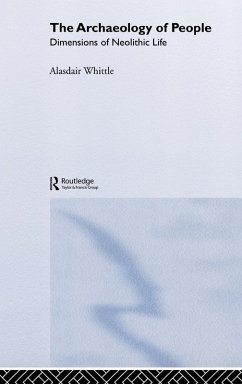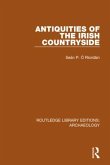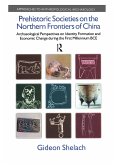Alasdair Whittle's new work argues powerfully for the complexity and fluidity of life in the Neolithic, through a combination of archaeological and anthropological case studies and current theoretical debate. The book ranges from the sixth to the fourth millennium BC, and from the Great Hungarian Plain, central and western Europe and the Alpine foreland to parts of southern Britain. Familiar terms such as individuals, agency, identity and structure are dealt with, but Professor Whittle emphasises that they are too abstract to be truly useful. Instead, he highlights the multiple dimensions which constituted Neolithic existence: the web of daily routines, group and individual identities, relations with animals, and active but varied attitudes to the past. The result is a vivid, original and perceptive understanding of the early Neolithic which will offer insights to readers at every level.
Hinweis: Dieser Artikel kann nur an eine deutsche Lieferadresse ausgeliefert werden.
Hinweis: Dieser Artikel kann nur an eine deutsche Lieferadresse ausgeliefert werden.









